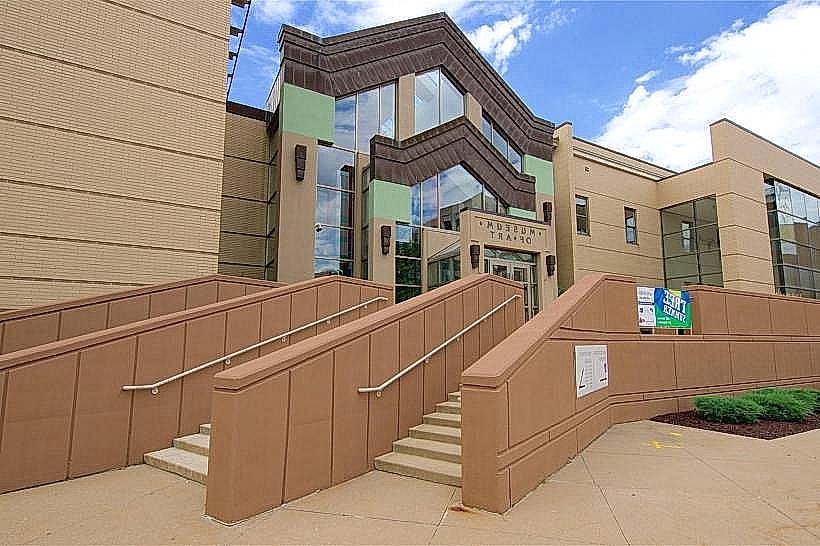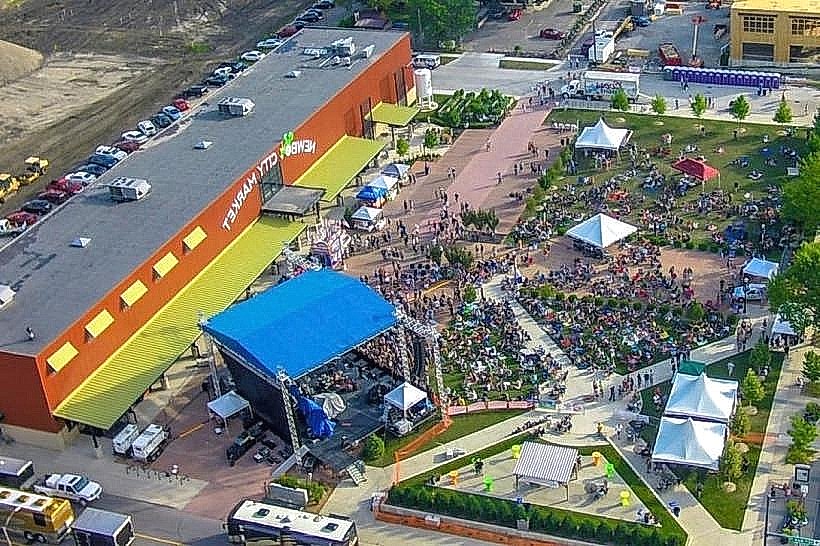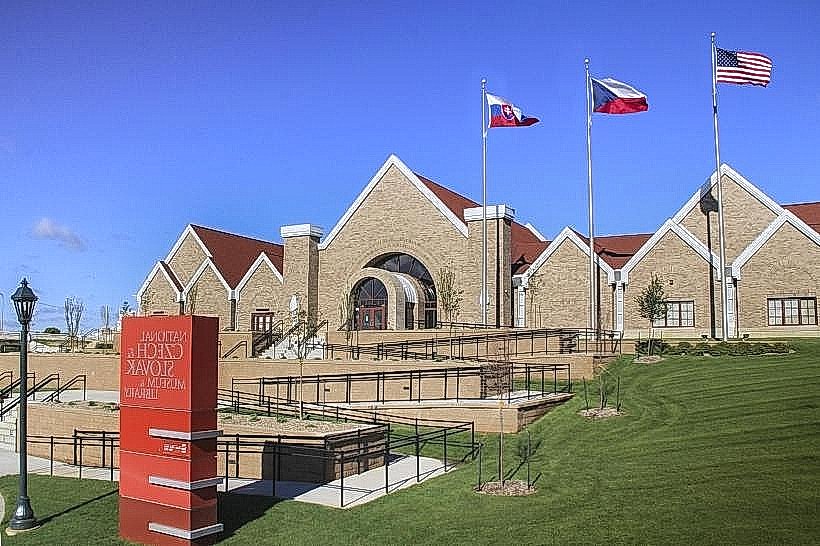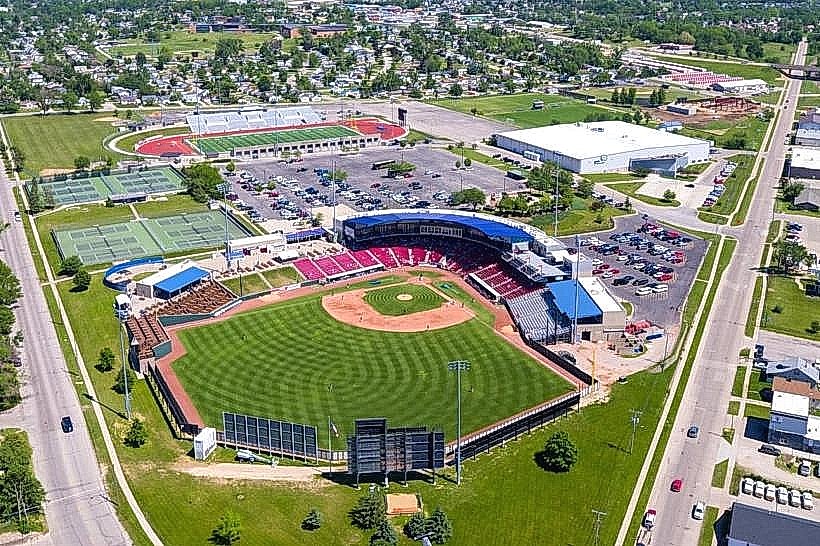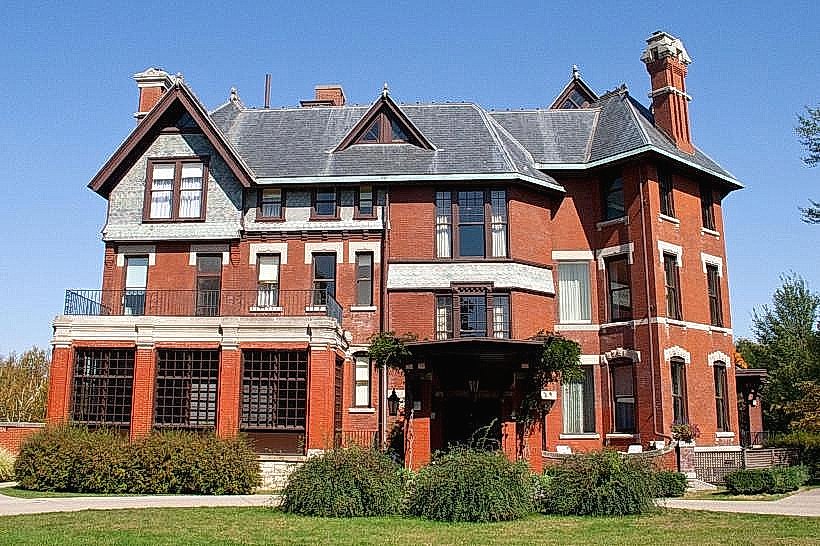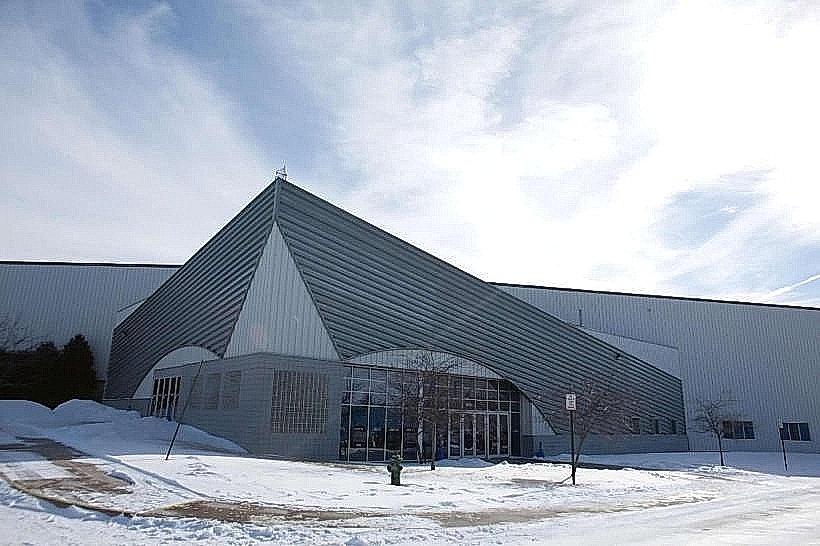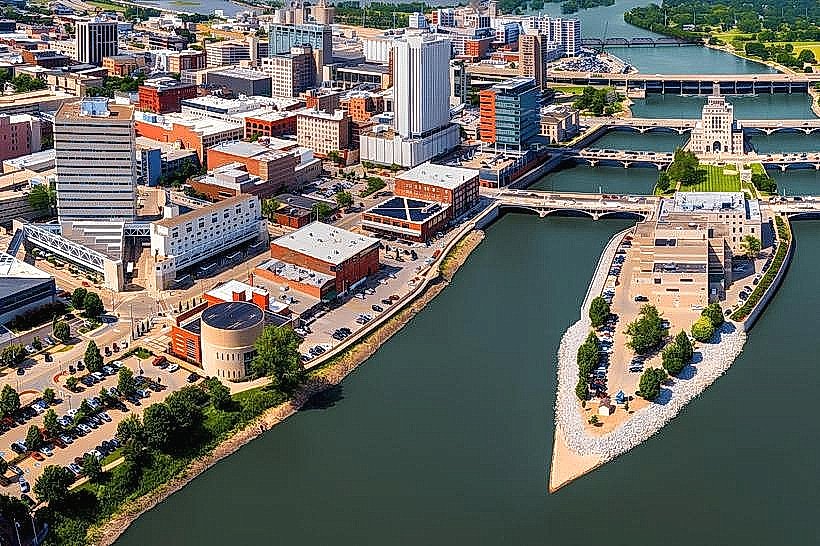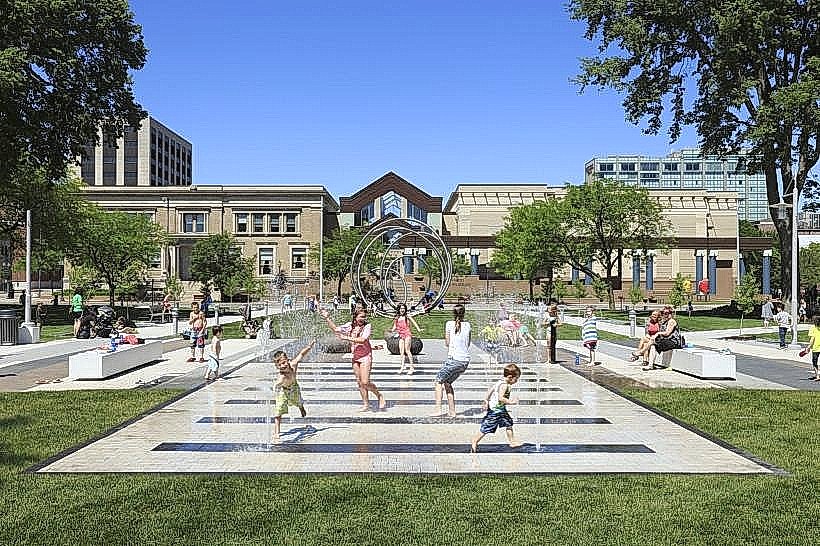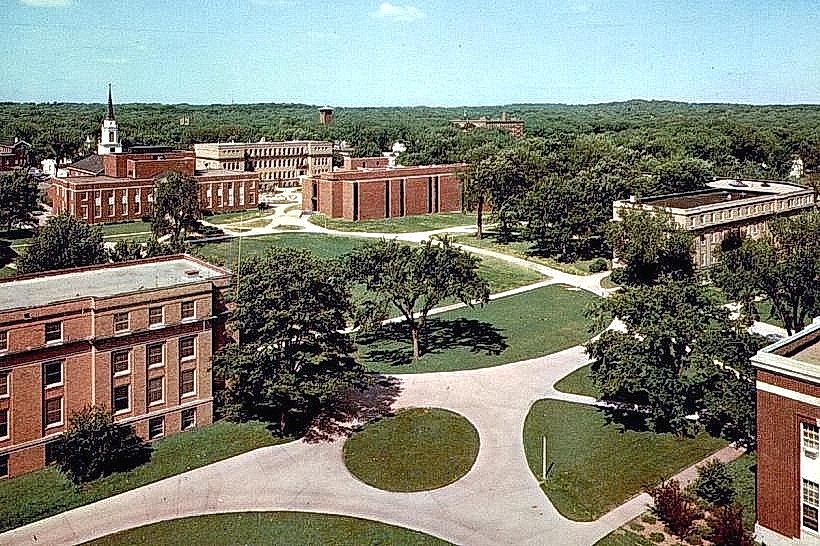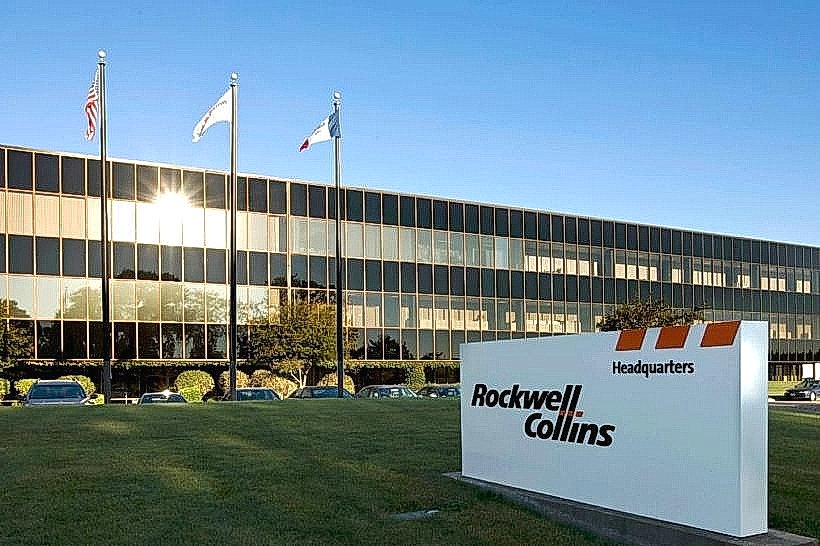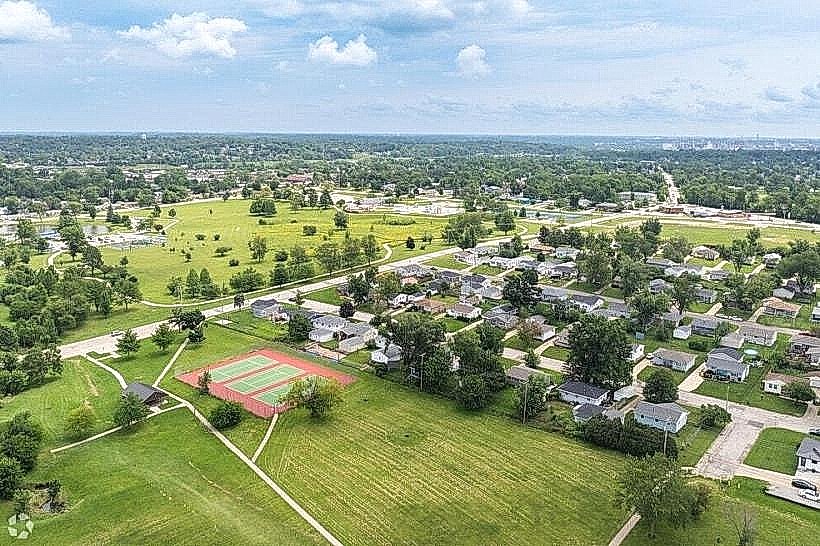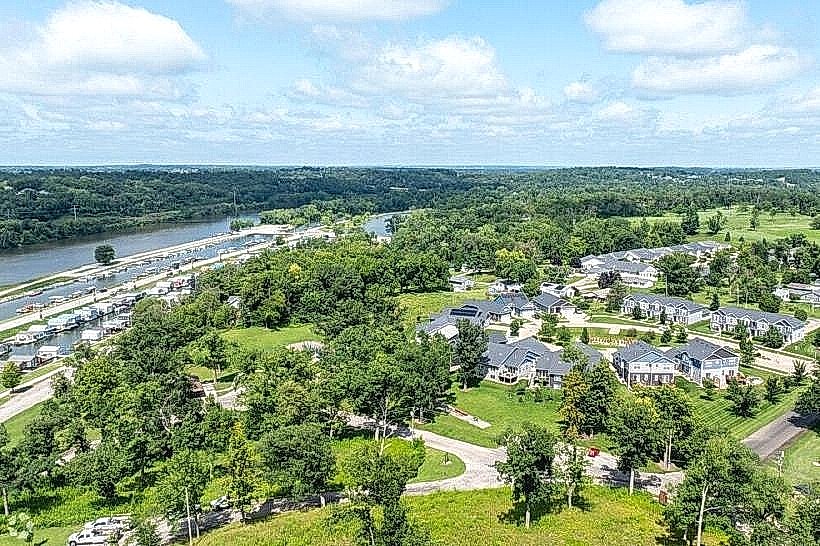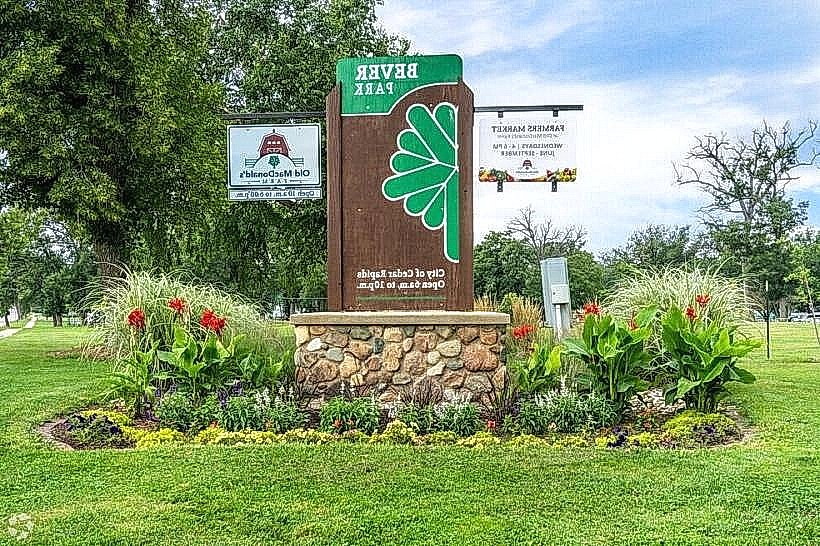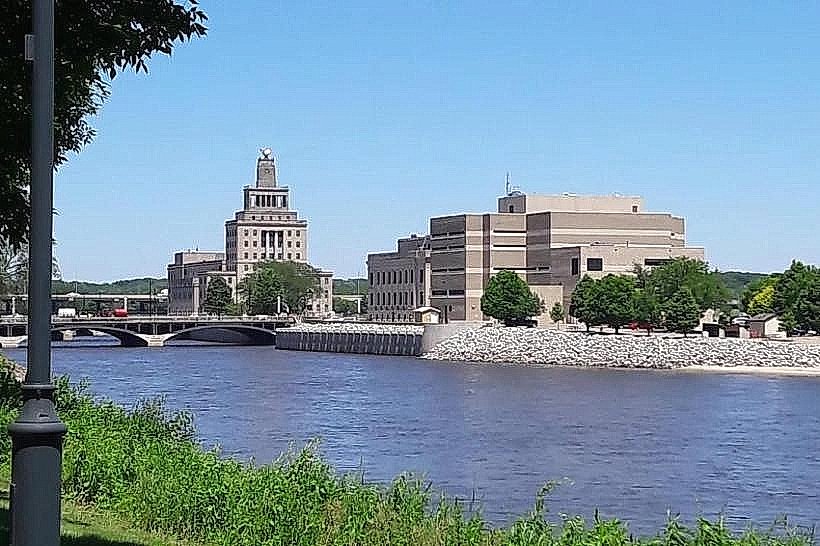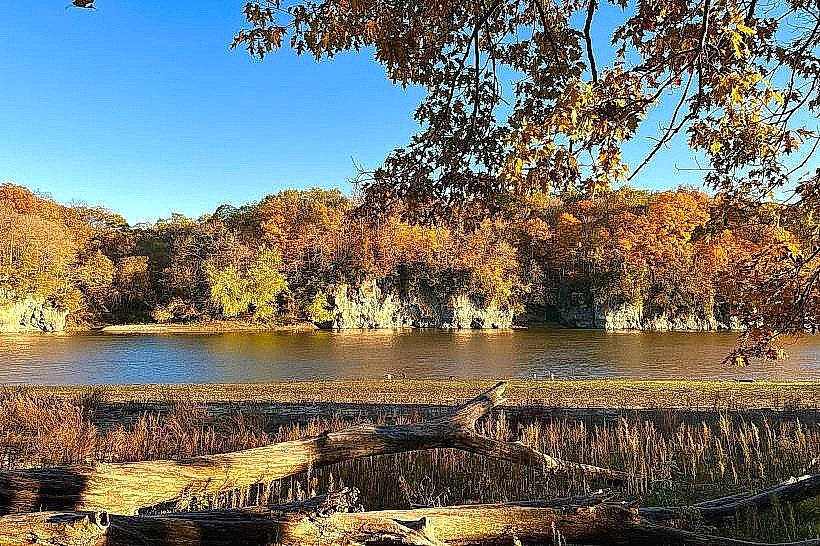Information
Landmark: Czech Village DistrictCity: Cedar Rapids
Country: USA Iowa
Continent: North America
Czech Village District, Cedar Rapids, USA Iowa, North America
Czech Village District in Cedar Rapids is one of the city’s most distinctive cultural neighborhoods, known for its immigrant roots, historic charm, and role as a hub of Czech and Slovak heritage in Iowa. Nestled along the Cedar River, just across from the New Bohemia District, the Czech Village reflects over a century of immigrant life while today thriving as a center of shops, restaurants, museums, and community pride.
Historical Background
The origins of Czech Village trace back to the late 19th century, when waves of Czech and Slovak immigrants settled in Cedar Rapids, many drawn by jobs in meatpacking, breweries, and factories. They created a tight-knit community on the west side of the Cedar River, where familiar language, food, and traditions could flourish.
The neighborhood quickly developed into a vibrant ethnic enclave. Small shops, bakeries, and taverns offered goods and services tied to Czech culture. Churches, fraternal organizations, and cultural societies anchored community life. For decades, this district preserved traditions while immigrants and their descendants adapted to American life.
The devastating 2008 Cedar River flood severely damaged the neighborhood, including its historic shops and homes. Since then, Czech Village has undergone a remarkable revitalization, blending preservation with new investment. Today it serves as both a living cultural district and a tourist destination, attracting visitors interested in history, food, and unique local businesses.
Layout and Architecture
Czech Village maintains a small-town, main street feel with brick-lined sidewalks, restored storefronts, and cultural markers. The core is 16th Avenue SW, a walkable corridor lined with:
Boutique shops selling antiques, folk crafts, and specialty items.
Restaurants and cafes serving Czech-inspired dishes alongside contemporary fare.
Historic storefronts that retain their early 20th-century architecture, with decorative façades and colorful awnings.
Cultural landmarks such as statues, murals, and plaques celebrating Czech heritage.
The district blends history with modern vibrancy, retaining its ethnic identity while adapting to Cedar Rapids’ evolving culture.
Highlights and Attractions
Several institutions and features anchor Czech Village:
National Czech & Slovak Museum & Library, the crown jewel of the district, preserving immigrant and international history.
Authentic immigrant houses and cultural markers, offering glimpses into the daily lives of early settlers.
Shops and specialty businesses that emphasize local craftsmanship and Central European traditions.
Festive decorations and murals, reinforcing the neighborhood’s identity.
Festivals and Events
The district is perhaps most famous for Houby Days, a long-running annual festival celebrating Czech heritage and the morel mushroom (“houby” in Czech). The event features:
Traditional foods, beer, and pastries.
Parades, live music, and folk dancing.
Artisan markets and cultural exhibits.
Community gatherings that draw both locals and visitors.
Other seasonal events, cultural programs, and markets keep the neighborhood active year-round, often in partnership with the nearby NewBo City Market and cultural organizations.
Cultural Role
Czech Village is not just a tourist destination-it remains a symbol of identity and resilience for the descendants of Czech and Slovak immigrants. Its preservation underscores Cedar Rapids’ recognition of immigrant contributions to the city’s growth.
The neighborhood’s revival after the 2008 flood demonstrated the community’s determination to maintain its cultural roots while welcoming new businesses and modern life. Today it acts as a bridge between past and present, with cultural authenticity at its core.
Modern Identity
Czech Village stands as a living cultural district, where history, heritage, and community spirit come together. It offers visitors a chance to step into the immigrant past while enjoying modern amenities, blending traditional Czech charm with Cedar Rapids’ dynamic urban culture.
It remains one of Iowa’s most unique neighborhoods, celebrated for its heritage, resilience, and role as a cultural anchor for the entire city.

